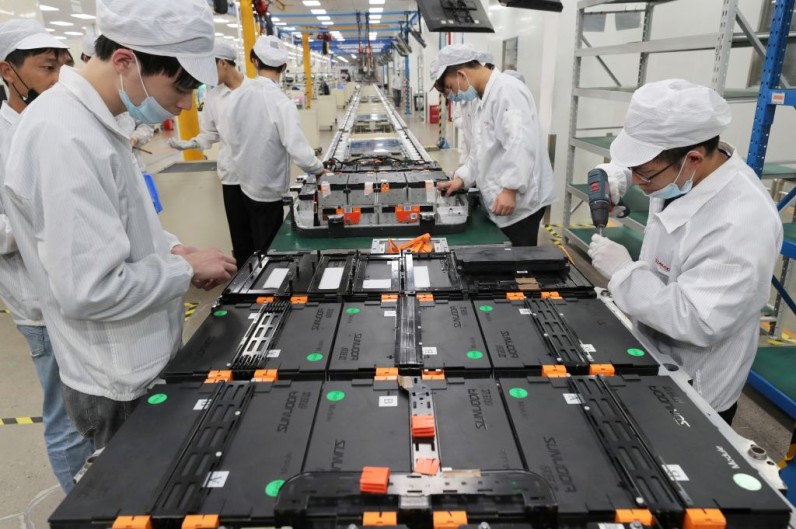
SK On, a major South Korean battery manufacturer, has entered a state of crisis due to its customers' struggles caused by dismal sales of electric vehicles in the United States and Europe.
Under Emergency Management
The world's fourth-largest EV battery producer has reportedly incurred losses for ten consecutive quarters since being split from its parent firm in 2021. Because Western EV sales fall far short of projections, its net debt has more than quadrupled, rising from 2.9 trillion Won ($2.1 billion) to 15.6 trillion Won over the same period.
According to the Financial Times, CEO Lee Seok-hee proposed several steps to reduce costs and improve working practices, citing a state of "emergency management" due to the company's spiraling losses.
In a statement sent to staff, Lee said, "We have our back against the wall. We should all pull together."
The South Korean SK Group is likewise considering more extreme options. A source close to the conglomerate has revealed that a possible merger between SK On's parent company, SK Innovation, and SK E&S, the group's very lucrative energy subsidiary focusing on producing liquid natural gas, is being considered. The board of directors is scheduled to meet this month to consider the possible merger.
Dismal EV Sales in the US and EU
In anticipation of the surge in demand for EVs, SK On has recently undertaken several bold investments in both the US and Europe. However, since then, it has postponed opening a second facility in Kentucky, a joint venture with its main US client, Ford. It also announced protracted layoffs for employees at its Georgia plant.
South Korean manufacturers have been granted the chance to flourish in Western markets as Washington and Brussels try to stop a battery deluge from Beijing. Subsidies of billions of dollars were doled out by President Joe Biden's Inflation Reduction Act to non-Chinese battery manufacturers in the US, SK On included. However, UBS battery expert Tim Bush from Seoul said US auto manufacturers have failed to build EVs that appeal to mass market customers to achieve their optimistic sales estimates.
Chinese manufacturers CATL and BYD control 53.2% of the worldwide battery market, according to a report by China Global South Project earlier this year. However, their production and sales are still focused on the local market, where EV adoption is higher than in the West.







Join the Conversation